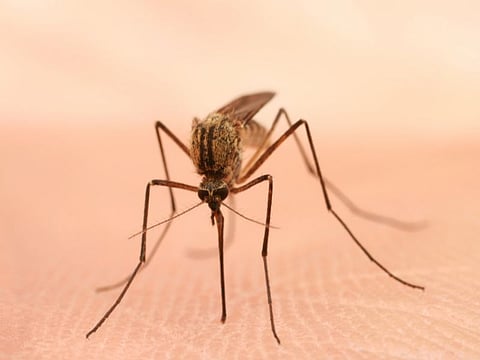WEDNESDAY, Nov. 8, 2017 (HealthDay News) -- Many patients with a previous West Nile virus (WNV) infection have abnormalities on neurologic examination several years after they were infected, according to a study presented at the 66th annual meeting of the American Society of Tropical Medicine and Hygiene, being held Nov. 5 to 9 in Baltimore.
Shannon E. Ronca, Ph.D., M.P.H., from Baylor College of Medicine in Houston, and colleagues described long-term neurocognitive outcomes in a cohort of WNV patients in Houston. Data were included for 262 patients with a history of WNV enrolled in a longitudinal cohort from 2002 to 2012; 117 patients underwent neurologic and neurocognitive evaluations.
The researchers found that 49 percent of the 117 patients had some type of abnormal finding on neurologic examination, with most abnormalities unilateral in nature. Decreased strength, abnormal reflexes, and tremors were the most common abnormalities (26, 14 and 10 percent, respectively). On the Repeatable Battery for the Assessment of Neuropsychological Status, there was a 22 percent overall rate of impairment, with the domains of immediate and delayed memory most frequently impaired (31 and 25 percent, respectively). Compared with controls, WNV patients showed significant thinning in both the left and right hemispheres, mainly in the frontal and limbic lobes. There was significant regional atrophy in the cerebellum, brain stem, thalamus, putamen, and globus pallidus.
"It will be important to regularly assess people who have been infected with West Nile virus for early signs of neurological deficits," Ronca said in a statement.
Abstract
More Information


